
Commentary by Jack Truten, Ph.D., Visiting Assistant Professor, Department of Humanities at Penn State College of Medicine at Hershey; Chair of the College of Physicians of Philadelphia’s Section on Medicine and the Arts; consultant in medical ethics and professionalism
Background
I’ve made education in medical professionalism my business in recent years. Frequently, I hear and read that there’s a crisis in medical professionalism, that trust in doctors has eroded because medical technology and other interventions or intrusions have insinuated themselves into the sacred space between doctor and patient and, further, that doctors are seen to have been complicit in this infidelity. My purpose in this entry is not to investigate this claim—nor to refute or defend it—but to describe one way to address it by offering a retrospective account of the first-year experience of setting up a medical humanities-based program in professionalism principally for house staff in a major academic medical center—a program that was at its inception more start-up than pilot and is now more toddler than infant.
A few years ago, during my Fellowship experience in Clinical Ethics and Medical Humanities at a community academic hospital, I found that as I participated in clinical rounds and rotations, education modules and ethics consults, my presence was like that of an unwitting Trojan horse— singular, but unthreatening enough to attract unguarded disclosures from clinicians of all stripes about the tribulations and satisfactions of clinical practice. Most often, the tales I heard were of the crushing weight of workplace stress and the burnout and compassion fatigue it engenders. I also heard tales of less than ideal care-team cohesion and inter-professional tensions. It occurred to me that professional conduct is most likely to be found in those clinicians who have a strong and well-defined professional identity and that self-care is an important constituent component of such an identity. I had already received foundational training in Narrative Medicine at Columbia University and so decided to implement a twice-monthly on-site, in-unit program in “Narrative Pediatrics” for an inter-disciplinary group of NICU and PICU staff. Now supported by unit leadership and some modest funding, this program is still in place and working to diminish some of the suffering and struggles that are captured in the narratives produced and exchanged.
A little over a year a year ago, I gave a talk at the University of Pennsylvania, describing this Narrative Pediatrics program. Afterwards, I spoke with one of the Vice Deans in the School of Medicine there and we reached an agreement to develop together a “Narrative Professionalism” initiative for house-staff at Penn, convinced that a small group approach to professionalism education would be more effective than large, didactic lectures. Start-up challenges were predictable enough—buy-in from faculty and departmental leaders, finding time in an already densely packed GME curriculum, and securing even modest funding. Working with only a few residency programs at the beginning of the year, our initiative incrementally expanded to the point where now, almost all clinical departments have taken part to varying extents, with some residency programs finding time to incorporate only two one-hour Narrative Professionalism sessions for residents per year into existing conference time, while other programs have signed up for three or four sessions per year, some featuring ninety-minute sessions. Growing interest in this program, meanwhile has led to the establishment of separate Narrative Professionalism sessions for fellows, for researchers and in seven individual ICU’s for interdisciplinary groups. Currently under consideration is the establishment next year of similar sessions for new attending physicians and for inter-service or inter-departmental groups.
The program at University of Pennsylvania
The approach we have devised for house-staff education in professionalism begins first with a training session for the Program Director and other faculty interested in co-facilitating these Narrative Professionalism resident groups. In this one-hour introductory session, I explain the central concepts of Narrative Medicine and then enact for this faculty gathering a dress rehearsal of a typical residents’ group where for the first ten minutes of the session, participants are asked to write informally about an episode from their clinical experience that somehow captures a professional predicament or success. For the remainder of the session, participants are asked to read these short narratives aloud, giving others an opportunity to listen and collectively to interpret the significance of what they heard. Resident sessions themselves are then co-facilitated by a trained faculty member and by me or one of my associates. Writing assignments are carefully and progressively sequenced such that in the first meeting, the question is Write about an occasion when you witnessed medical professionalism at its best—or, alternatively, at less than its best …and in the second, Write about an occasion when your own professional identity took a hit—either in your own eyes, or those of someone else—or, alternatively, an occasion when it was strengthened or affirmed. Subsequent sessions can address specialty-specific professionalism concerns. Certain rules of engagement apply in these groups and are stated explicitly each time: that this is a safe and confidential context for full and open disclosure, with no outside revisitations or recriminations and that in these narrative exchanges, we’re aiming not so much for solutions to particular problems but for shared insight into the constituent components of professionalism and its conduct.
Aspects of the devised approach that appear to work well are, first, the presence of a faculty facilitator who is willing to write and share his or her own narrative of professional challenge or resiliency, the presence of a neutral second facilitator with narratological expertise, and the applied principles of adult learning that invite participants to bring to the table their own understanding and experiences of the scope and nature of professionalism. Some themes and insights typically generated by residents’ narratives include: the fragility of one’s professional reputation, the pressure of high institutional expectations and standards, inter-professional/intra-professional/inter-service tensions, emotional engagement with/detachment from patients and families, and the realization that professional behavior, like ethical decision-making, is often situation-specific and context-dependent. Expressed satisfactions, meanwhile, typically refer to a sense of professional peer-group belonging, to inspiring mentors, and to the overall privilege of practice. Other dividends of the Narrative Professionalism approach are that the acts of writing and interpretation automatically enact reflective practice and that residents can develop a certain narrative competence that can, in turn, inform patient interactions as well as diagnostic and treatment decisions.
The response
Professionalism in the practice of medicine is notoriously difficult to measure and our participant evaluation data are at this point still being gathered. Resident evaluations of these Narrative Professionalism sessions from the beginning have been overwhelmingly positive, with characteristic requests for more time and greater frequency of sessions. The three core questions on the standard evaluation form ask participants to assess first, to what extent this narrative exchange experience was beneficial to their personal sense of professional well-being/resiliency, second, to what extent this narrative exchange experience was beneficial to their professional sense of team cohesion/affiliation and third, to what extent this narrative exchange experience will enhance their ability to deliver high quality care and treatment for patients and families. In preparation for a second, more established year of the Narrative Professionalism program at Penn, I plan to attend the forthcoming inaugural Advanced Narrative Medicine training workshop at Columbia University where refining instruments of program assessment and measurement will be a focused priority. With the ACGME’s (Accreditation Council for Graduate Medical Education) designation of professionalism as one of the six general competencies that residency programs are required to teach, much remains to be attempted and accomplished in professionalism education: Narrative Professionalism is one efficient, cost-effective, and rigorous medical humanities approach that takes fully and properly into account the artistry of professional conduct in the medical workplace.
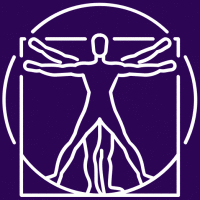
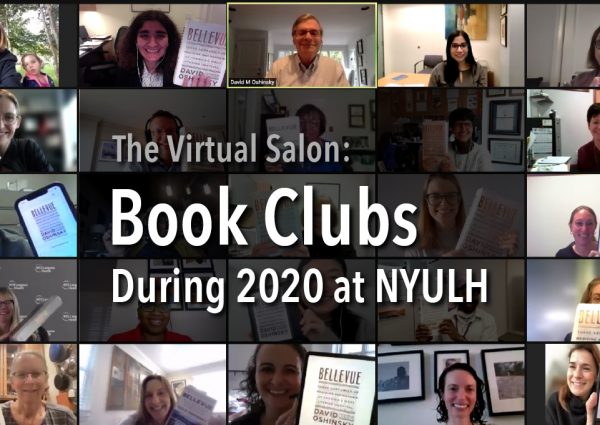
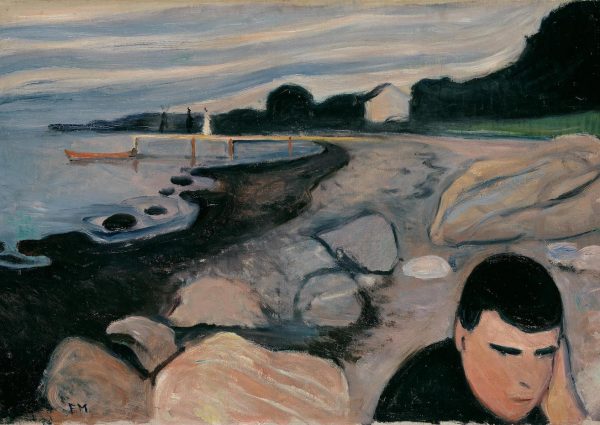
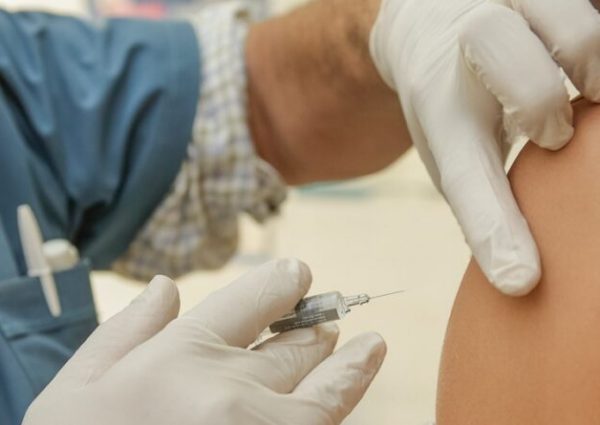
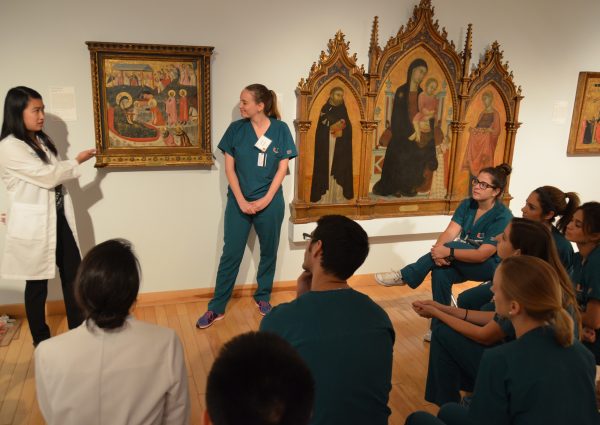

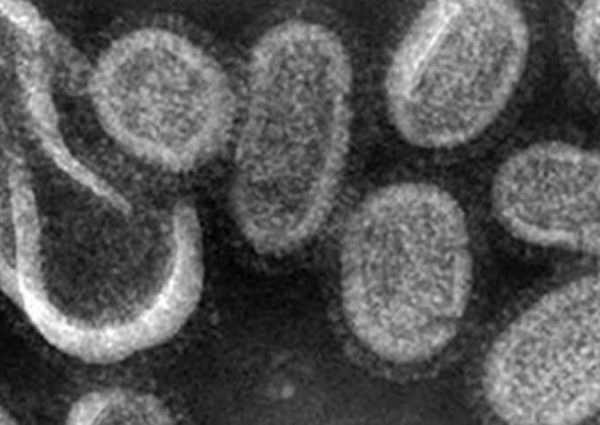
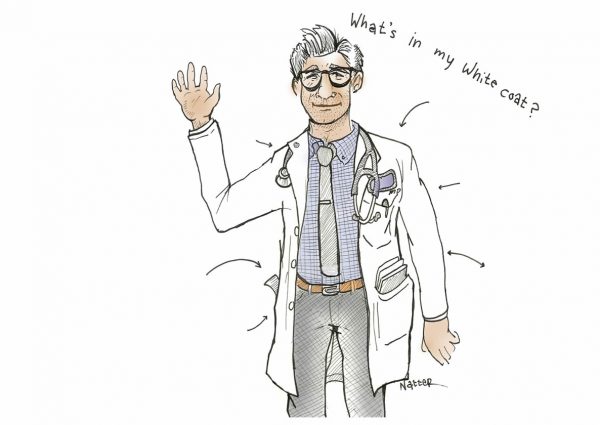
Paul Rousseau
Thank you so much for this insightful discourse on your experience at the University of Pennsylvania–it will certainly help all of us beginning such a program or attempting to “fine tune” an existing program to better serve young physicians in our continuing endeavors to weave humanstic values into the mileiu of modern day medicine.
verna yiu
Thank you very much for the article and describing the challenges in establishing a narrative program amongst the housestaff. We have also tried to do something similar in the context of a pilot research project involving different resident cohorts and although the feedback is very positive, it has been challenging to recruit residents whom we feel would benefit the most. It would be nice to get some of your insights into recruitment in a future reflection.
Jack Truten
Thank you, Paul, for your message of kindred-spirituality . . . Having now listened attentively to countless resident narratives of professional strife and satisfaction, I’m pleased to report that they are no less keen than we to “weave humanistic values” into the fabric of their daily clinical practice and, thereby, into their own professional identities. I’ll be glad to correspond with you further on this important initiative.
Jack Truten
Thanks, Verna, for raising the key question of securing resident participation in an educational program like ‘Narrative Professionalism.’ As you know, a stark reality of GME is that the curriculum is already densely packed, often with little or no opportunity to introduce new or additional modules. This reality dictated that my Narrative Professionalism groups had to fit into pre-existing housestaff conference time — the upside of this arrangement, of course, is that since attendance at such conference times is mandatory, the problem of resident participation was largely obviated (–Professionalism is, after all, one of the six ACGME general competencies and, thus, an area of required instruction). Another stark reality is that some residency programs are able to devote more time than others to Professionalism education (with respective programs here at Penn offering dedicated NP sessions ranging from twice to four times per academic year). This, in turn, makes research into program evaluation and outcomes measurement quite challenging–Professionalism is difficult to define, let alone measure, and fewer than four sessions a year is clearly sub-optimal. I would welcome any insights you — or others — may have into best practices for housestaff professionalism measurement. (Of the ACGME-recommended methods, some sort of self-plus-peer-assessment seems most efficient, least cumbersome.)
Dutch
I myself found the novel “House of God, and the newer “The Spirit of the Place,” to be thoughtful and illuminating. Samuel Shem has certainly given me a greater understanding in this capacity. I recently looked at his site
http://www.samuelshem.com
and was pleasantly surprised.
Dutch
Jack Truten
FYI–for those who share an interest in The House of God, please note this special ASBH pre-conference symposium …
“Return to The House of God (W)rites of Passage….
A Journey Through Medical Resident Education 1978-2008”
–An International Symposium
Location:
Cleveland, Ohio
Louis Stokes Wing, Cleveland Public Library
Wednesday October 22, 2008